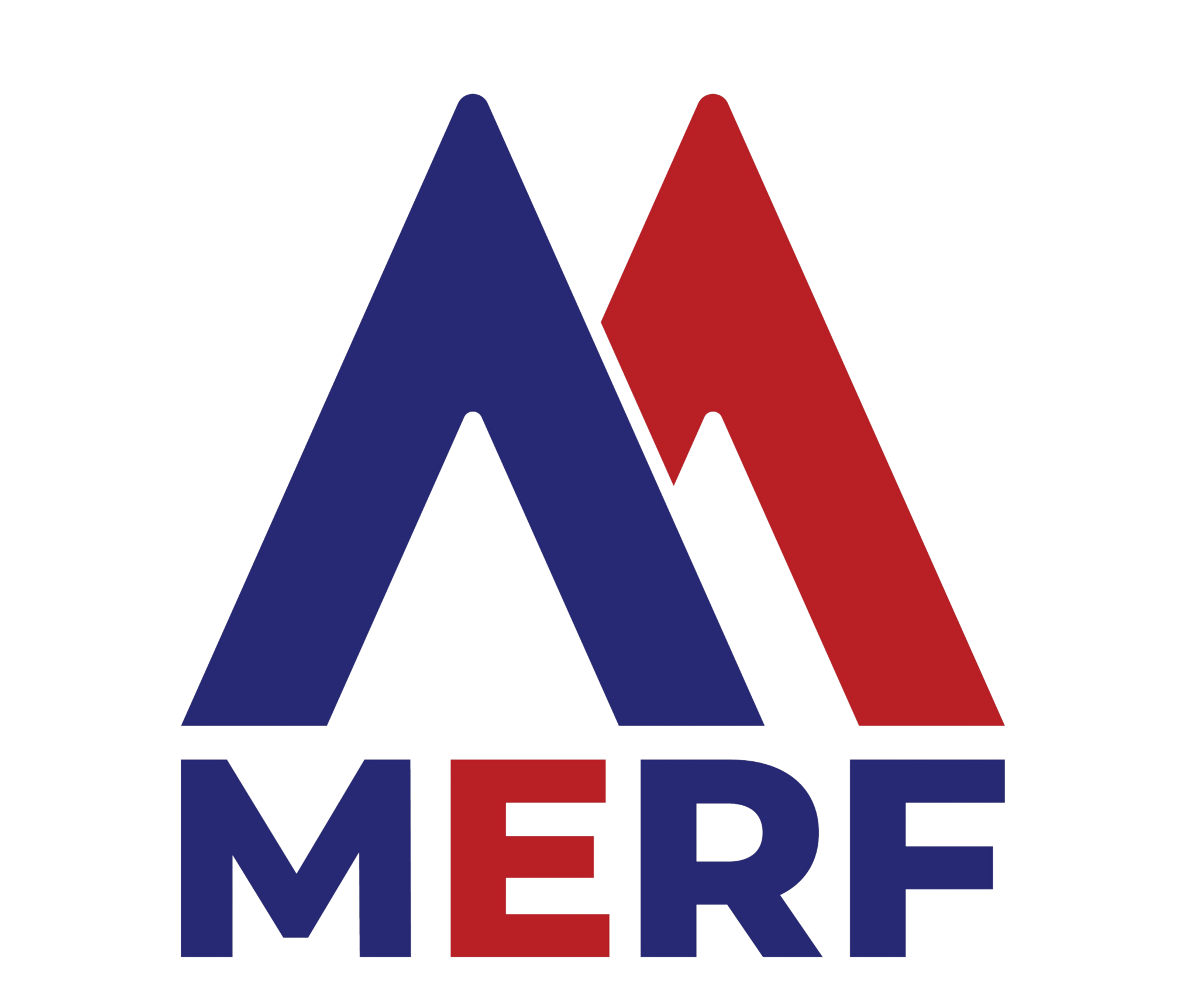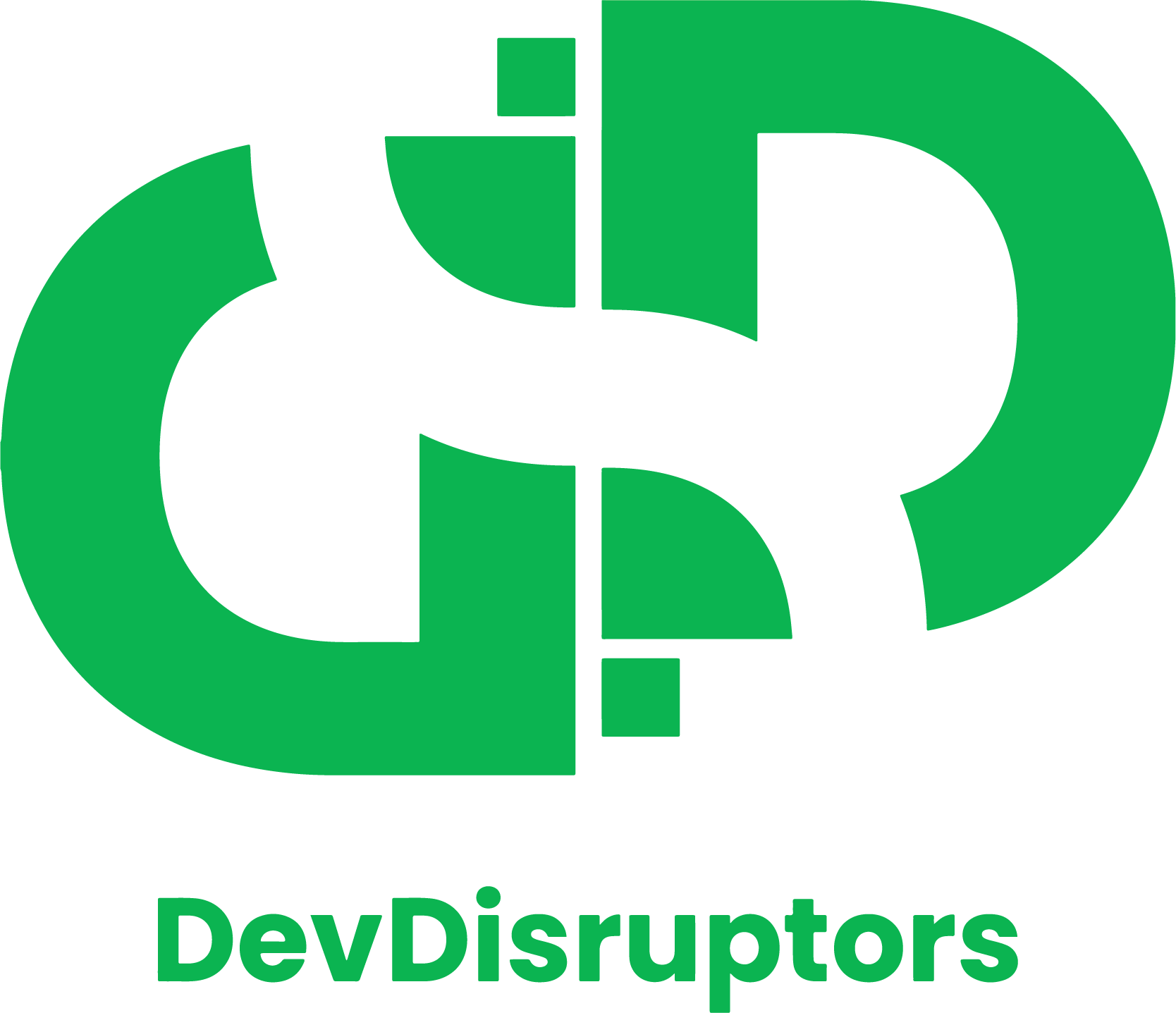Automotive Software DevelopmentCreate customized and scalable Automotive software.
Build scalable, future-proof automotive software. We develop solutions for the automotive industry—from smart vehicle integrations to advanced logistics—so your team can focus on driving mobility forward.

500+ companies rely on our top 1% tech talent.





Automotive development services we offer
Connected Vehicle Software Development
Our connected vehicle software allows real-time communication between vehicles and infrastructure for data collection, remote diagnostics, and improved driver safety. Features like vehicle-to-everything (V2X) connectivity are the foundation for safer, more intelligent driving and meet high safety standards in automotive software engineering.
Fleet Management System Development
Optimize your fleet with custom software to track vehicle health, schedule maintenance, and lower operational costs. Our fleet management systems include predictive maintenance, fuel tracking, route optimization, and real-time monitoring for efficiency gains for automotive companies of all sizes.
Automotive IoT and Telematics
Our IoT and telematics solutions provide precise data on vehicle performance, driver behavior, and environmental factors through custom dashboards and real-time alerts. These tools support the software development process, enabling automotive companies to make informed decisions about safety, maintenance, and operational improvements.
ADAS (Advanced Driver Assistance Systems) Development
Our ADAS development services create safer driving environments by processing real-time sensor data for lane-keeping, collision warnings, and automated braking. These ADAS solutions are engineered to increase driver awareness and reduce accident risks, meeting strict standards in automotive software engineering.
Automotive ERP and Supply Chain Solutions
Improve your supply chain with our automotive ERP software, designed to manage procurement, inventory, production, and logistics in one platform. By centralizing all processes, these ERP solutions give automotive companies a complete view of their operations for better efficiency, cost savings, and industry compliance.
Infotainment System Development
Our custom infotainment systems create amazing in-vehicle experiences. According to the latest automotive software development trends, our solutions include media, navigation, voice control, and connectivity options to increase driver satisfaction and brand differentiation.
Telematics and Fleet Management Solutions
Our telematics software provides insights into driver behavior, fuel consumption, and vehicle location to help fleet managers plan and guarantee safety. Fleet managers also get tools to track, schedule maintenance, and manage costs to optimize fleet operations across the automotive industry.
Predictive Maintenance Software
Our predictive maintenance software uses real-time vehicle data to forecast service needs for continuous operation. Monitoring conditions like engine health and tire wear helps automotive businesses avoid breakdowns, improve maintenance schedules, and reduce downtime.
Automotive E-commerce and Dealership Platforms
We develop e-commerce platforms for dealerships and parts suppliers to manage inventory, process orders, and improve customer experience. These platforms optimize vehicle and parts sales, enhancing engagement and operational efficiency in automotive software development.
Remote Vehicle Monitoring Systems
Our remote monitoring software provides real-time vehicle status, performance, and security data for consumer and commercial use. These solutions give drivers and managers the information they need to operate vehicles securely and efficiently.
ADAS Simulation and Testing Software
Our ADAS simulation tools allow developers to test features like collision warnings, lane-keeping, and adaptive cruise control in a controlled virtual environment. This software helps automotive companies to validate safety features for functional reliability.
Supply Chain and Inventory Management Solutions
Our custom inventory and supply chain software lets automotive manufacturers track components, manage logistics, and monitor inventory in real time. These solutions reduce delays, improve visibility, and address complex supply chain needs within the software development process.
ENGAGEMENT MODELS
HOW WE HELP
Why Choose Devdisruptors for Automotive Development

Our team has years of experience in automotive software development, building solutions in vehicle diagnostics, fleet and automotive management, and autonomous technology. Our expertise allows us to create strong, industry-specific applications that solve complex challenges and improve operational efficiency.
Our developers are among the top 1% of tech talent, bringing a high level of expertise in automotive technology. From software engineers to data scientists, we provide skilled professionals to build reliable, high-quality automotive software solutions that meet your business goals.
We offer adaptable models that cater to your specific situation and requirements: staff augmentation, dedicated teams, and end-to-end outsourcing. With transparent communication, streamlined processes, and responsive support, we ensure flexibility and scalability in all your projects.
Our experts have been working alongside in-house teams for over a decade.
- React
- Angular
- Node.js
- Java
- C++
- .NET
- Vue.js
- JavaScript
- Python
- Golang
- React
- Angular
- Node.js
- Java
- C++
- .NET
- Vue.js
- JavaScript
- Python
- Golang
- Swift
- Figma
- Adobe
- C#
- PHP
- iOS
- Android
- Python
- WordPress
- Swift
- Figma
- Adobe
- C#
- PHP
- iOS
- Android
- Python
- WordPress
How to start with Us
Our process. Simple, seamless, streamlined.

Step 1
Join exploration call.
Tell us more about your business on a discovery call. We’ll discuss team structure and approach, success criteria, timescale, budget, and required skill sets to see how we can help.
Step 2
Discuss solution and team structure.
In a matter of days, we will finalize your project specifications, agree on an engagement model, select and onboard your team.
Step 3
Get started and track performance.
Once we’ve agreed on milestones, we’ll immediately get to work. We’ll track progress, report updates, and continuously adapt to your needs.
Frequently Asked Questions (FAQ)
Safety, scalability, and compliance with industry standards are key in automotive software development. Safety is paramount in the auto industry, especially in-car software development for applications like autonomous driving, ADAS, and self-driving features. Robust cybersecurity is critical to protect vehicle systems from potential vulnerabilities for data integrity and user privacy.
Automotive software is used to design systems that integrate with embedded vehicle technology and support real-time data processing. These capabilities are critical in diagnostics and fleet management applications where fast and accurate information sharing is key. A well-coordinated development team manages the software development process, so they develop software that evolves with the technology and meets the automotive industry's needs.
Custom software can significantly improve fleet management by providing fleet managers with real-time tracking, predictive maintenance, and optimized fuel management tools. Real-time tracking allows managers to monitor vehicle locations, assess route efficiency, and track driver performance to make proactive and informed decisions.
Predictive maintenance capabilities analyze vehicle health to schedule repairs before issues arise, reducing downtime and repair costs. Precise fuel management features allow managers to monitor consumption, identify inefficiencies, and implement cost-saving measures. By optimizing these areas, custom solutions improve operational efficiency and extend the life of fleet vehicles, helping automotive companies stay ahead of the competition.
AI is at the core of automotive software development, especially for applications such as autonomous driving, predictive maintenance, and enhanced customer experience. In self-driving cars, AI processes sensor data for obstacle detection, path planning, and decision-making, allowing vehicles to navigate safely and autonomously.
AI-powered predictive maintenance uses machine learning algorithms to analyze vehicle performance data and identify patterns that suggest potential issues before they become critical. AI improves user experience in customer-facing applications by adapting to driver preferences and enabling features like voice recognition and advanced user interfaces. Overall, AI in automotive software engineering allows more innovative, safer, and more personalized interactions within vehicles.
Data security is critical in automotive software development, as systems handle sensitive information, from vehicle diagnostics to personal user data. Strong security practices, such as data encryption, secure coding standards, and regular vulnerability assessments, have been implemented to protect this data.
Automotive software engineering follows industry standards, such as ISO 26262 for safety and GDPR for data privacy, to protect the system and user data. Cybersecurity is critical for embedded systems in vehicles, preventing unauthorized access and securing data exchange between systems to maintain the safe and reliable operation of critical automotive functions.
In automotive software development, C++, Python, and MATLAB are widely used to build robust applications. C++ is used for its efficiency in embedded systems, making it ideal for real-time applications in ADAS and vehicle control.
Python is used in data analysis, machine learning, and testing processes, and it supports AI applications in self-driving cars and autonomous driving systems. MATLAB is used for modeling and simulation to help an automotive software engineer design, test, and validate complex systems before implementation. Machine learning frameworks, IoT platforms, and cloud solutions are significant in real-time data processing, remote diagnostics, and connectivity in modern automotive software systems.
Custom automotive software is critical to managing electric vehicles (EVs). These solutions help optimize charging schedules, monitor battery health, and manage power distribution to improve overall vehicle performance. With EV management software, manufacturers and operators can track battery health in real-time, optimize battery usage, and extend battery life.
The software can also support efficient energy distribution and route planning, enabling EVs to perform well and charge less. These solutions allow EV manufacturers to provide a smooth and user-friendly experience to the growing number of EV users and support sustainability in the automotive industry.
ADAS are essential automotive systems that improve vehicle safety by providing drivers with critical information and alerts. Features like lane-keeping assistance, collision warnings, and adaptive cruise control help drivers navigate complex road scenarios, monitor potential hazards, and react in real time.
By supporting drivers with automated assistance, ADAS reduces accident risks, promotes safer roads, and contributes to customer loyalty by providing a reassuring, tech-allowed driving experience. Automotive organizations use ADAS as part of their digital transformation, equipping vehicles with advanced technology that meets modern safety standards and customer expectations.
Custom software in the automotive industry can include industry-specific requirements for automotive systems, such as ISO 26262 for functional safety and GDPR for data privacy. By embedding these compliance standards in the automotive operating system and software development process, custom software helps companies reduce non-compliance risk and maintain industry certifications.
Also, through rigorous integration testing, custom solutions provide compliance at every stage so automotive organizations can confidently comply with international standards and local regulations. This focus on compliance also builds customer trust and supports long-term customer loyalty.
The automotive software development process starts with a thorough requirements-gathering phase, which identifies the specific needs of the automotive organization. The project then moves into design, coding, integration testing, and deployment.
The process often includes ongoing updates and support for complex systems like ADAS and telematics to keep pace with evolving industry standards and customer requirements. Integration testing is critical as it verifies each component of the automotive operating system works seamlessly in the vehicle. Development teams can deliver high-quality software that supports vehicle safety, functionality, and performance by testing and iterating.
Telematics and IoT applications benefit automotive organizations by providing real-time vehicle location, performance, and driver behavior data. This data allows fleet managers to optimize routes, manage maintenance schedules, and improve overall fleet performance, resulting in cost savings and better asset use. These applications also support digital transformation in automotive businesses and help them gain a competitive advantage through data-driven decision-making.
Data analytics is a key component of automotive software, providing valuable insights into vehicle performance, customer preferences, and maintenance requirements. With data analytics, automotive organizations can optimize production processes, fine-tune vehicle features, and improve customer satisfaction by addressing specific needs and preferences.
In automotive operating systems, analytics tools monitor data from various vehicle sensors to improve functionality and safety features. The insights gained through data analytics help businesses predict maintenance needs, predict market trends, and develop software solutions that resonate with customers, ultimately building customer loyalty and brand reputation.
Custom software supports complete vehicle lifecycle management from production and quality control to real-time diagnostics and field performance monitoring. By having software that tracks predictive maintenance, performance metrics, and engine health, automotive organizations can optimize every stage of the vehicle lifecycle.
Custom software also increases vehicle resale value through detailed maintenance history and quality control. By effectively managing the entire lifecycle, automotive businesses can reduce operational costs, extend vehicle life, and improve customer satisfaction, making automotive software development more sustainable and profitable.
Creating custom solutions shouldn’t be complicated.
Outsource the heavy lifting to us.

